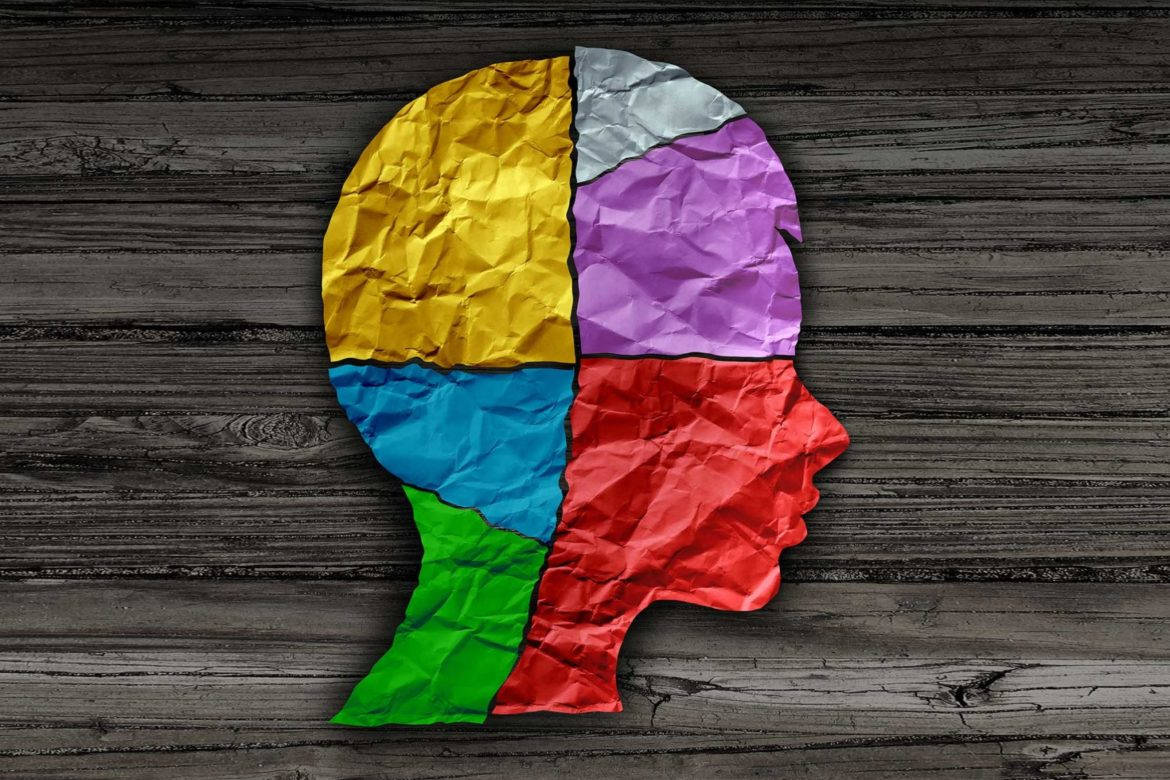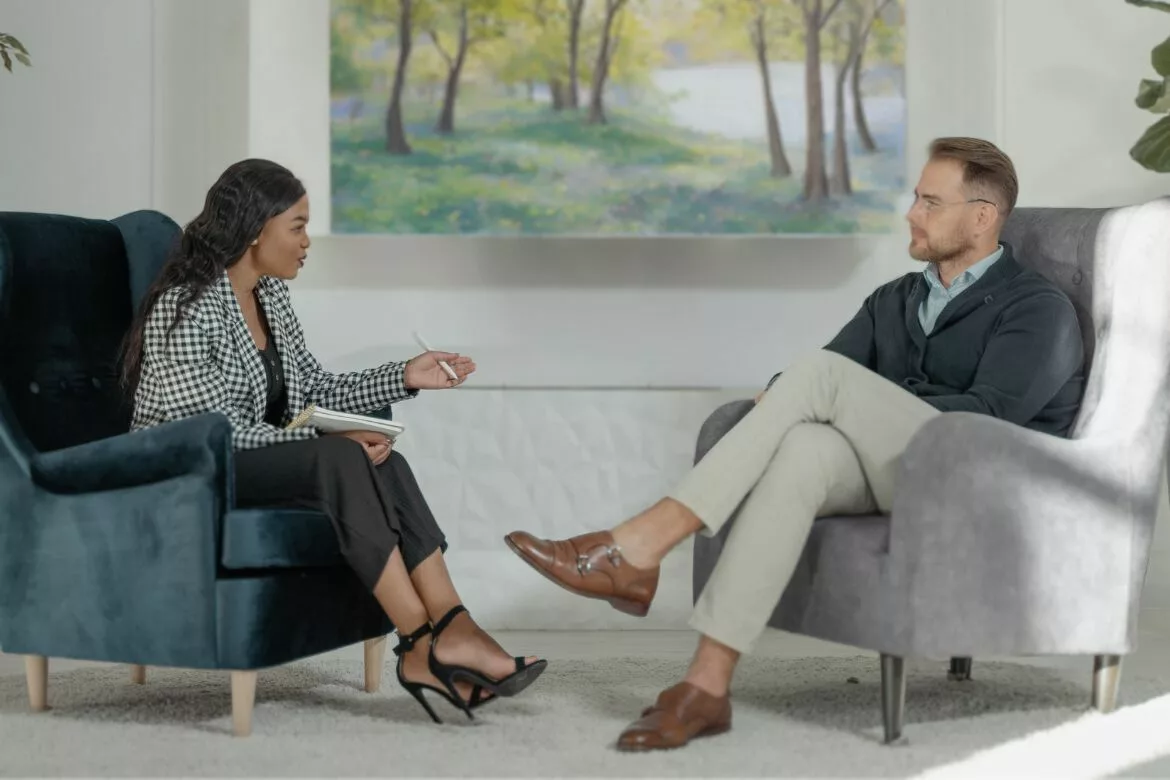
What To Expect During Your First Therapy Session
You keep telling yourself you’ll make that first therapy appointment—maybe next week, or when things calm down a bit. We get it. Taking that step can feel like a huge leap.
But here’s a reminder: It doesn’t have to be perfect, and neither do you. Therapy is a space for you, a place to feel heard, to show up as you are, without judgment. That first call can be the start of understanding your feelings, finding peace, and making room for healing.
You deserve support. You don’t have to go through it alone. Fill out the form below to get started!
What To Expect During Your First Therapy Session
Embarking on your journey towards your first therapy session takes courage. It’s about acknowledging that sometimes we all need a helping hand, a safe space to explore our challenges, or a partner on our path to healing.
For those who’ve already taken that step, you’ve already demonstrated remarkable strength.
And for those hesitating on the threshold, remember that reaching out is a gesture of self-empowerment. The decision to seek therapy is an investment in your well-being, and it holds the promise of transformative growth.
Yet, if you’re new to the world of therapy, you might find yourself curious, even a tad apprehensive, about what to expect when you finally connect with a therapist or counselor for that all-important first meeting.
Your first therapy session is a significant step towards personal growth and well-being. To ensure you’re well-prepared, we’ve compiled a series of blogs that cover crucial topics such as finding the right therapist, getting the most out of therapy, understanding antidepressants, differentiating between mental health professionals, and comparing various therapeutic approaches. These insights will help you navigate your initial therapy experience with confidence and clarity, setting you on a path to self-discovery and healing.
How to Find a Good Therapist for You

The decision to start therapy can be a courageous and empowering step towards improving your mental health and overall wellness. However, how to find a good therapist for you can be a daunting task. With so many choices available, it’s important to consider several factors to ensure that you find a therapist who meets your unique needs and preferences. Here are some key points to think about when wondering how to find the right therapist for you.
How to Get the Most Out of Therapy

If you’re here, congratulations on taking the first step and beginning therapy! Deciding to go to therapy is a major step in overcoming issues like anxiety or depression, healing trauma, getting support to cope with difficult life transitions, managing stress or working on developing healthier relationships. We asked the therapists at the Counseling and Wellness Center of Pittsburgh to share their suggestions for how to get the most out of therapy.
10 Things Your Therapist Wants You to Know

Our therapists are here to offer mental wellness support with specific interventions to treat all major mental health disorders including anxiety, depression, grief and trauma as well as relationship issues or any life stressors that you are dealing with. We teach you new coping skills for a variety of relational, emotional, and psychological issues so that you can enjoy your life.
While each counselor has their own specialties and approaches to therapy, there are several key things that most therapists want you to know.
Read on for 10 things your therapist wants you to know.
Do I Need Antidepressants? 5 Ways To Tell

Depression is a common mental health disorder that can affect people of all ages and backgrounds. According to the World Health Organization, more than 264 million people worldwide experience depression. If you are experiencing symptoms of depression, you may be wondering, “Do I Need Antidepressants?”
Here are some signs that antidepressants might be right for you:
What is an LPC vs LMHC vs LCSW?

If you are trying to find a counselor or therapist, you might start to become overwhelmed with options and confused by all of the abbreviations for credentials. Or maybe you are considering furthering your education in the mental health field but are not sure which degree is the best for you. Allow this helpful guide to take you through the various meanings which make up those abbreviations and this helpful guide will unveil what they all mean.
CBT vs DBT vs ACT: How Are These Therapies Different?

At the Counseling and Wellness Center of Pittsburgh, we understand that every individual’s journey to mental health and well-being is unique. That’s why we offer a diverse range of therapeutic modalities to address a variety of emotional and psychological challenges. Among the many approaches available, you can explore several effective therapies including, Cognitive-Behavioral Therapy (CBT) and Dialectical Behavior Therapy (DBT). These two therapies, CBT vs DBT, are often compared due to their distinct approaches and techniques, making them valuable tools in the mental health field. Additionally, we offer Acceptance and Commitment Therapy (ACT), Eye Movement Desensitization and Reprocessing (EMDR), Trauma-Focused Cognitive-Behavioral Therapy (TF-CBT), and Internal Family Systems (IFS). Each of these therapies has its own unique approach, making it important to explore the right fit for your specific needs and goals.

